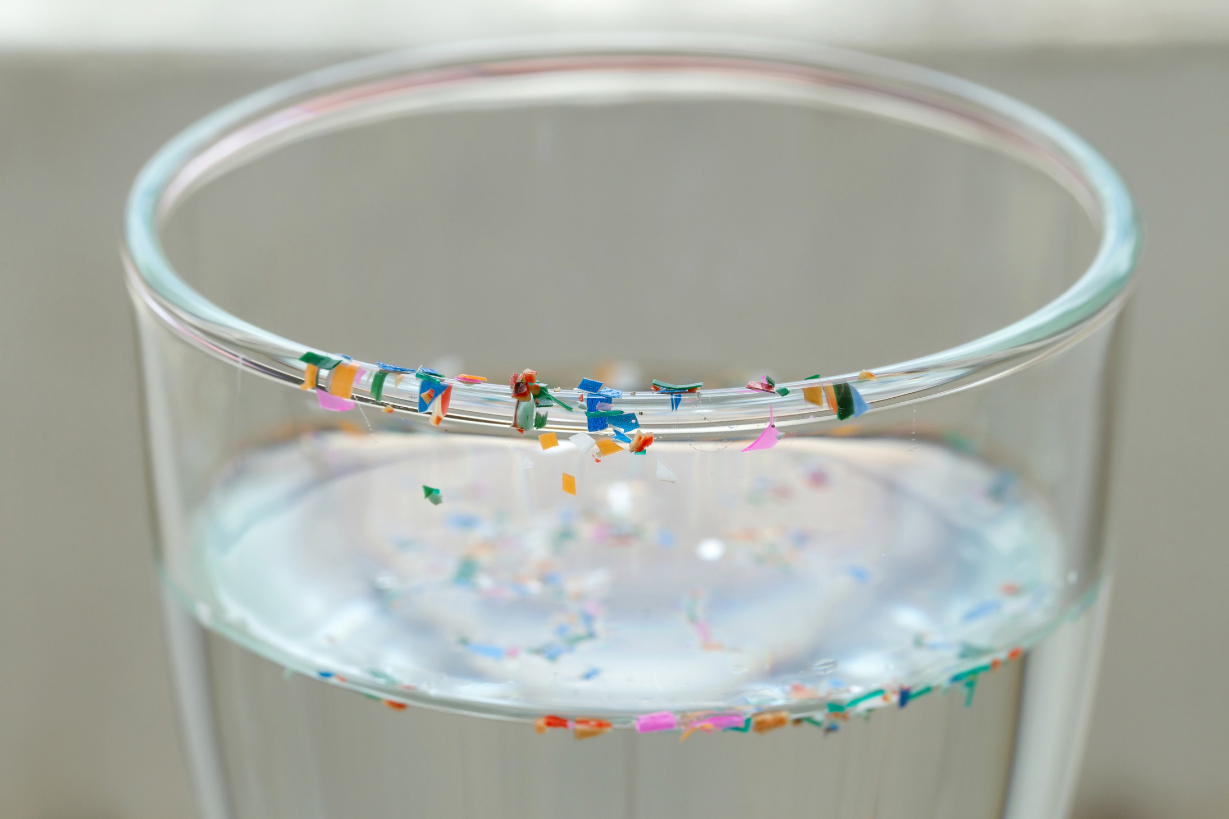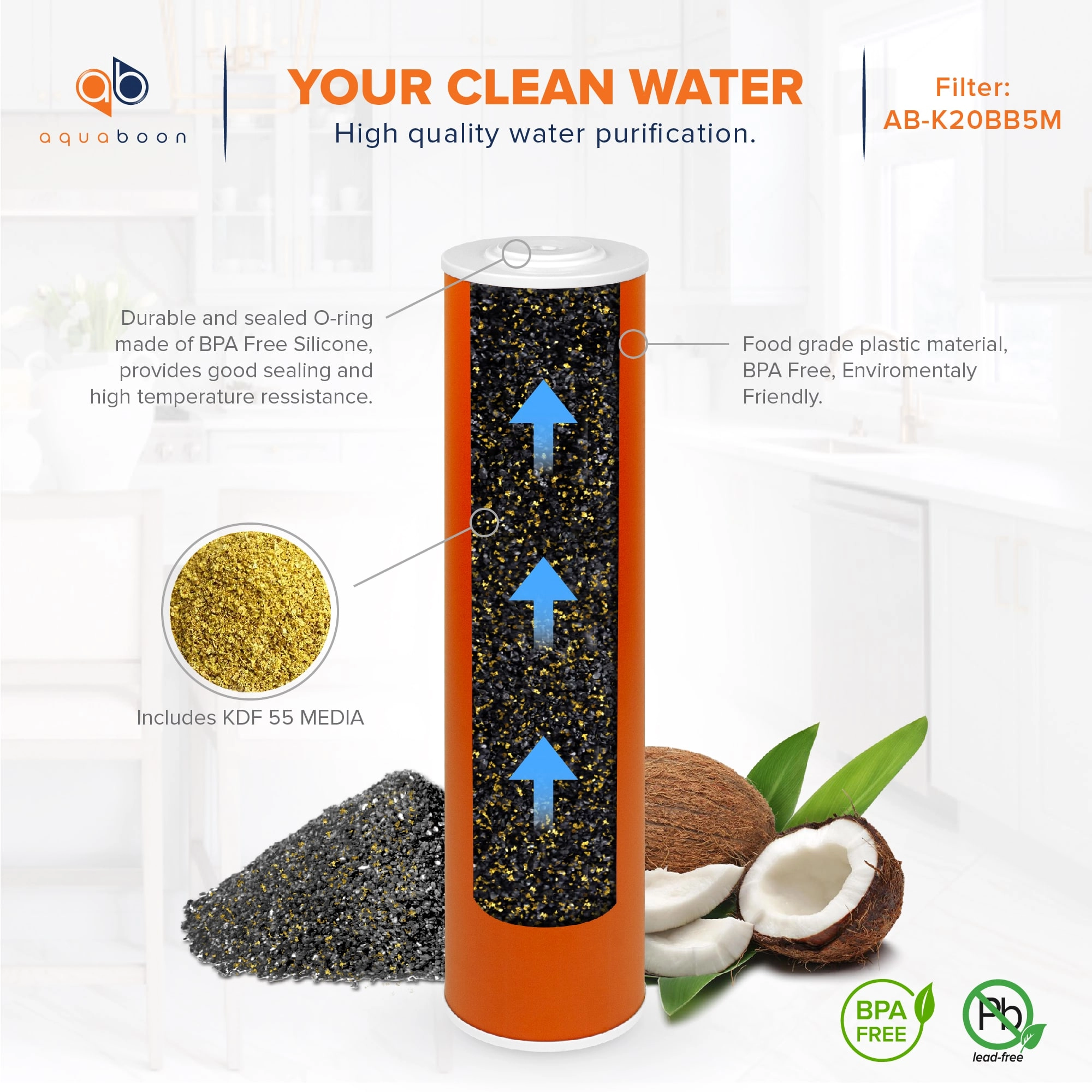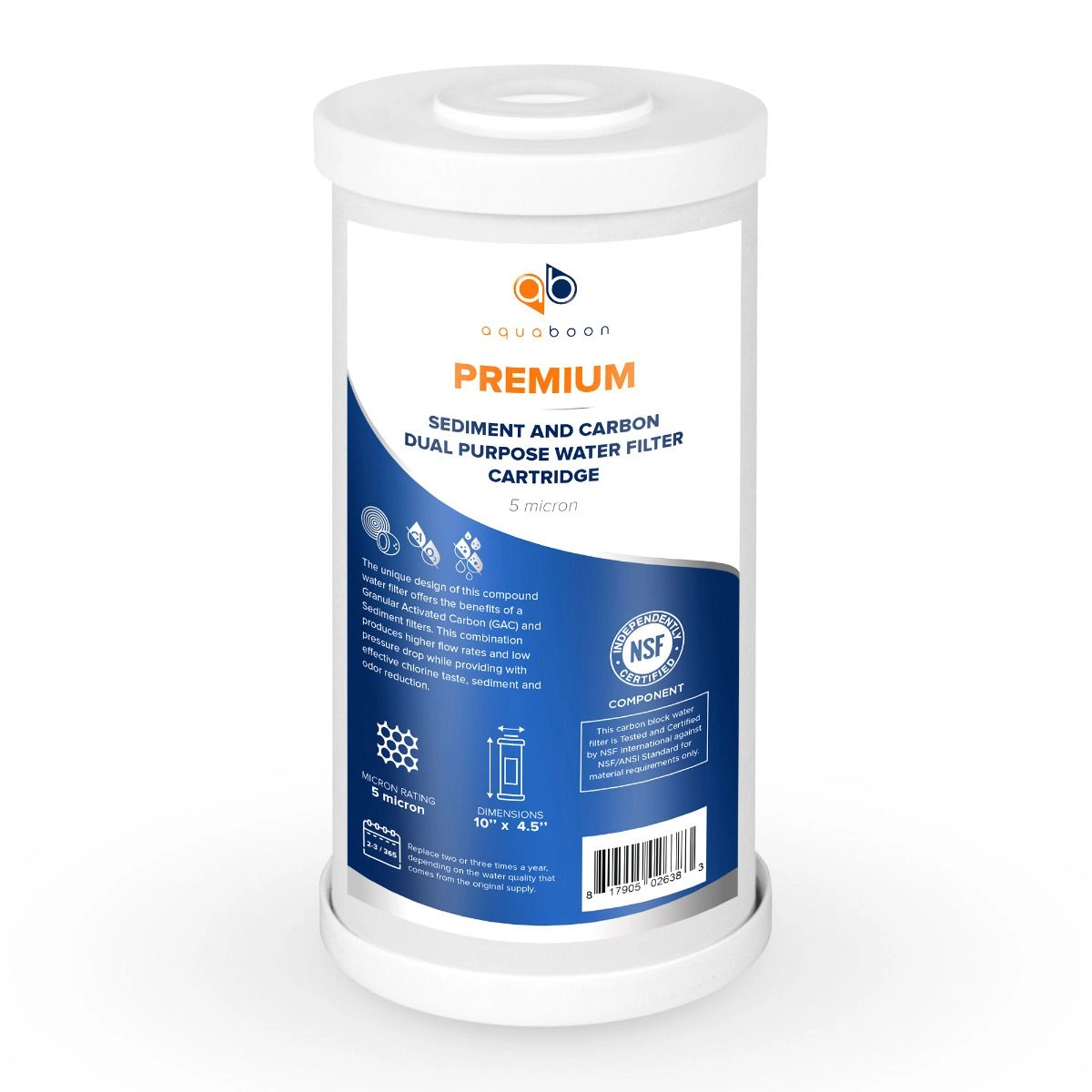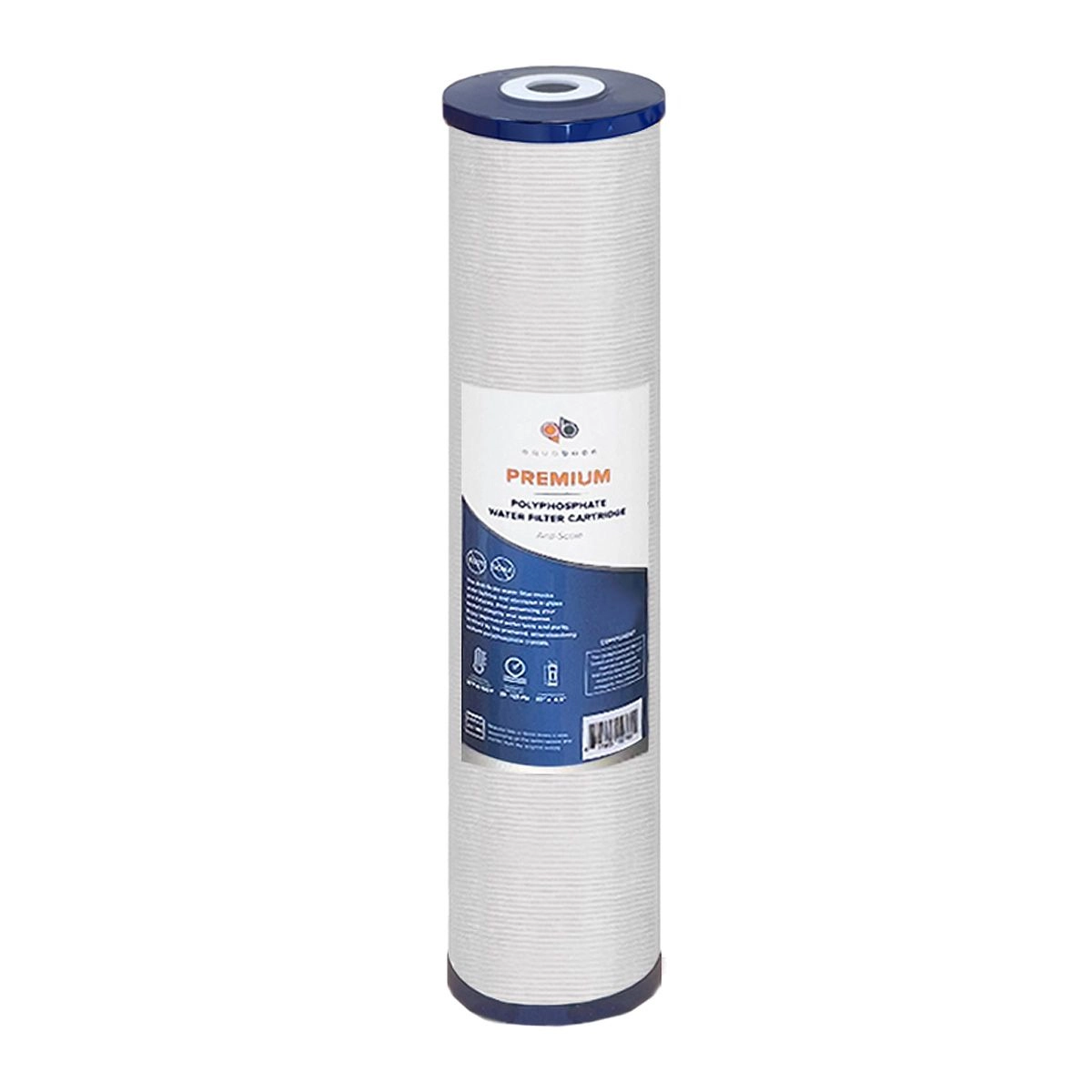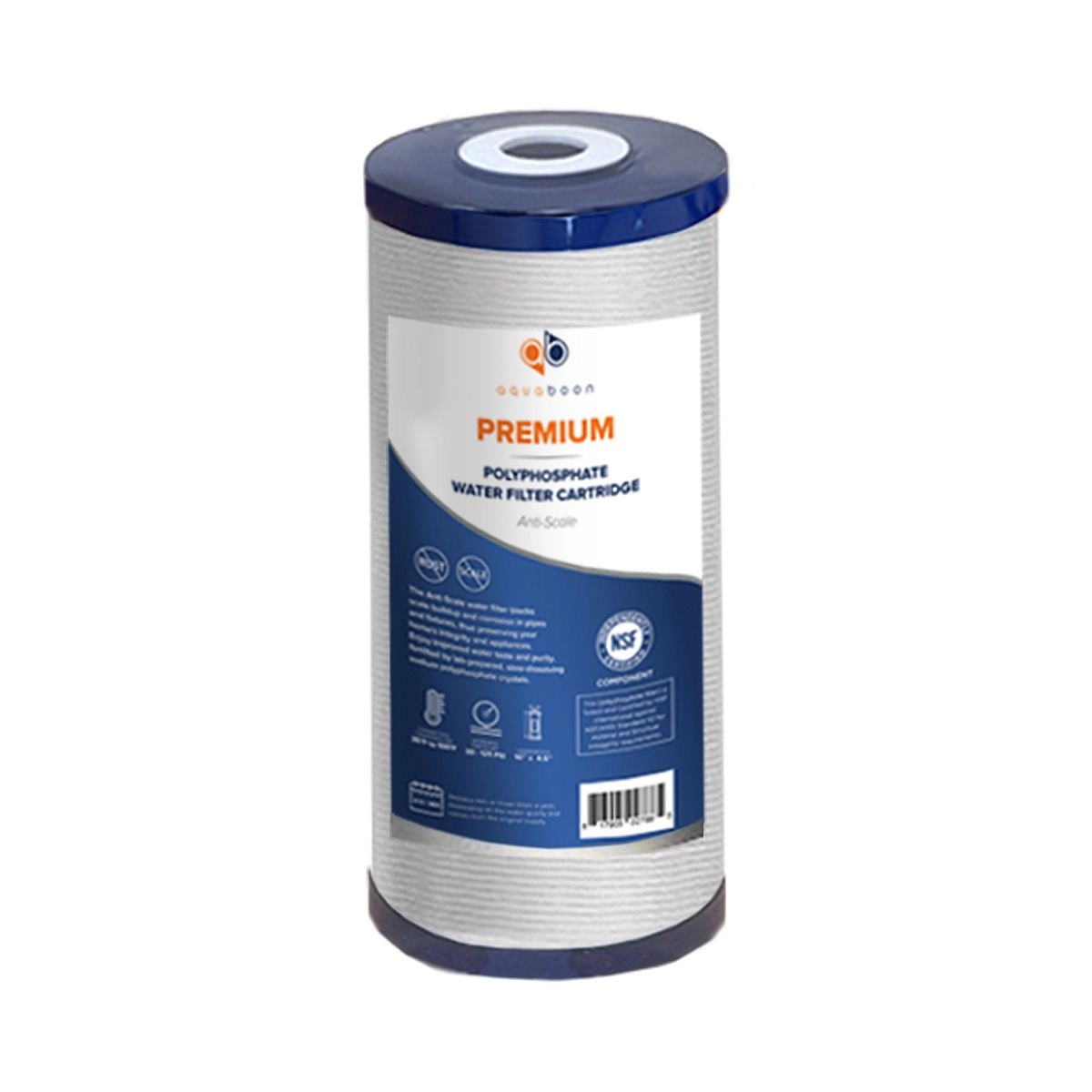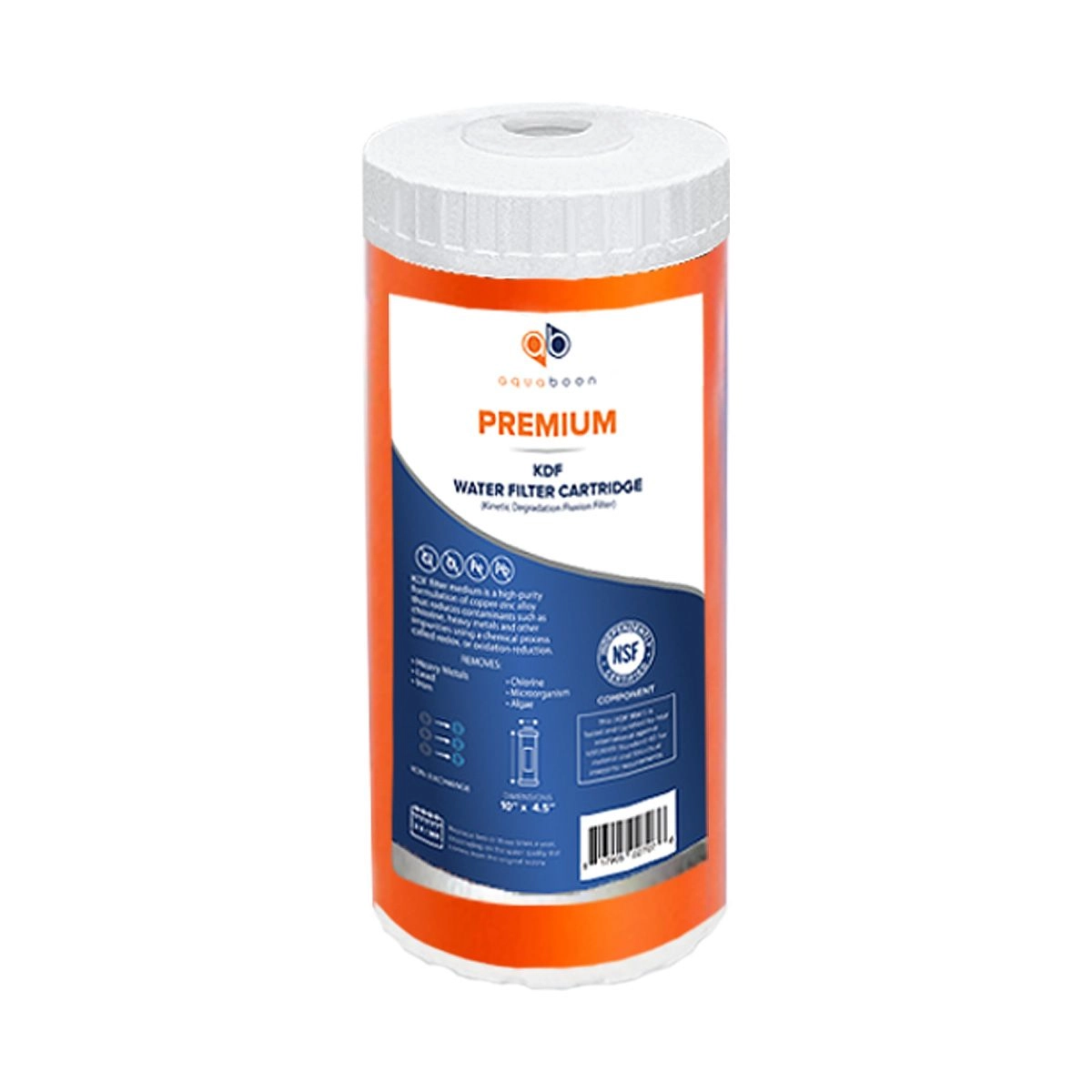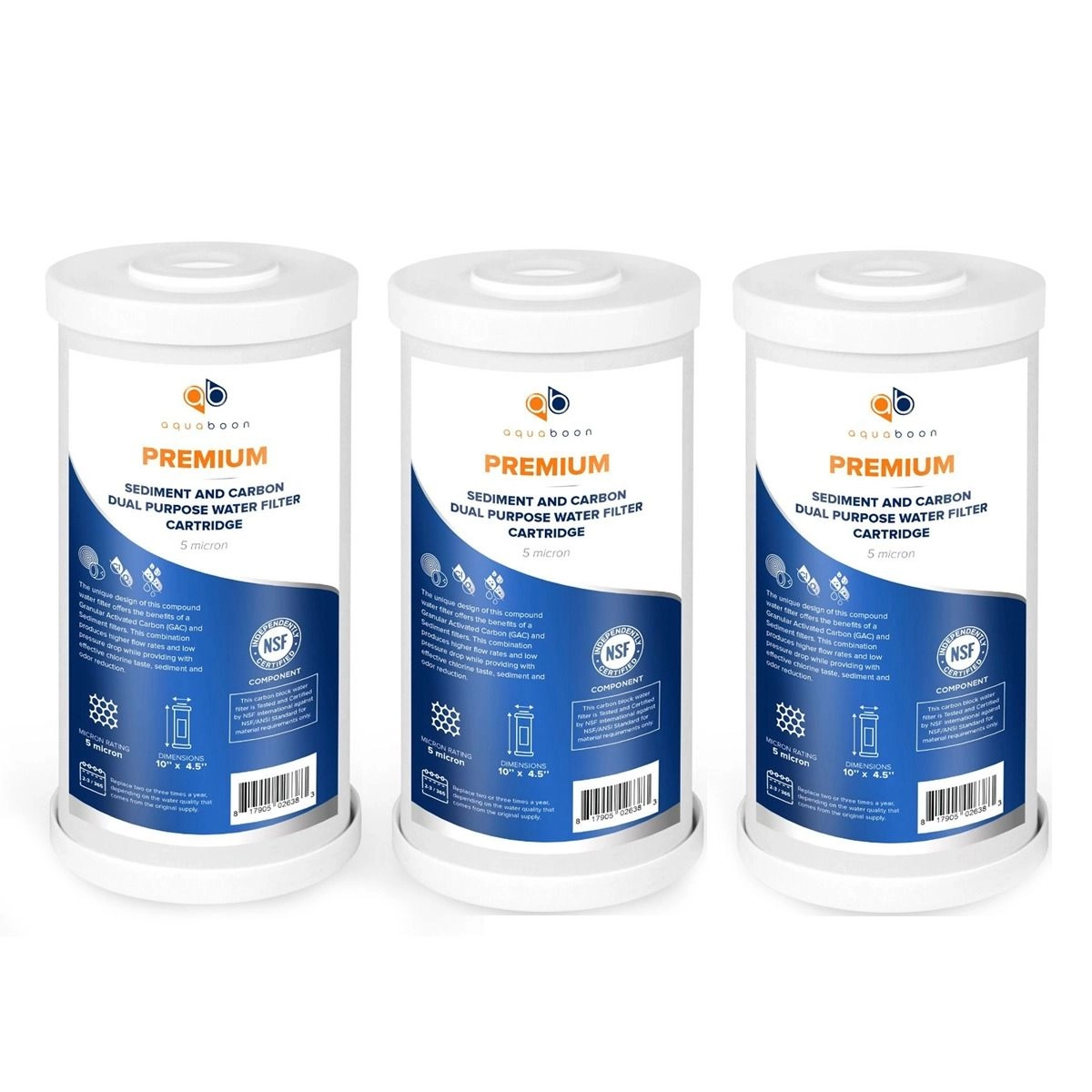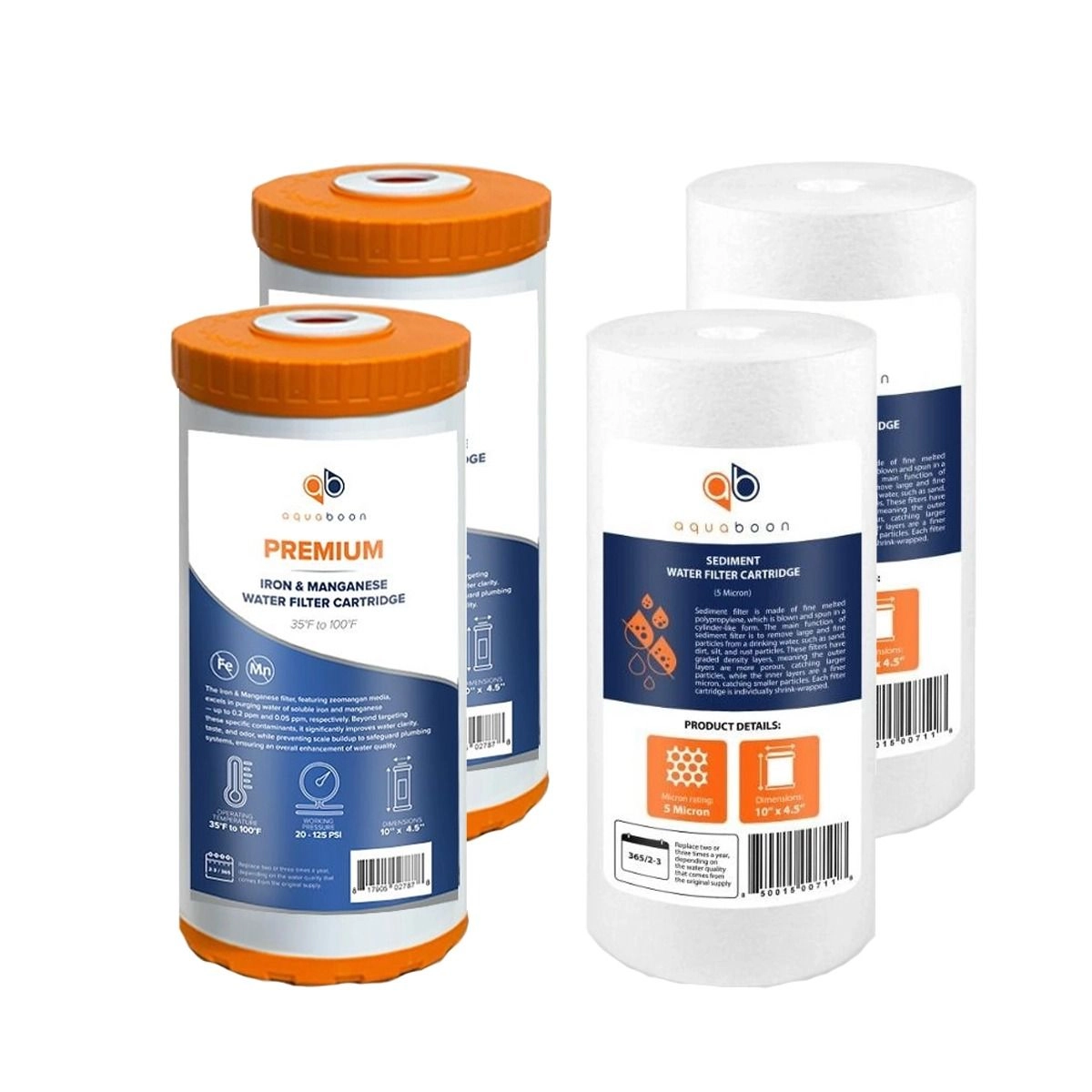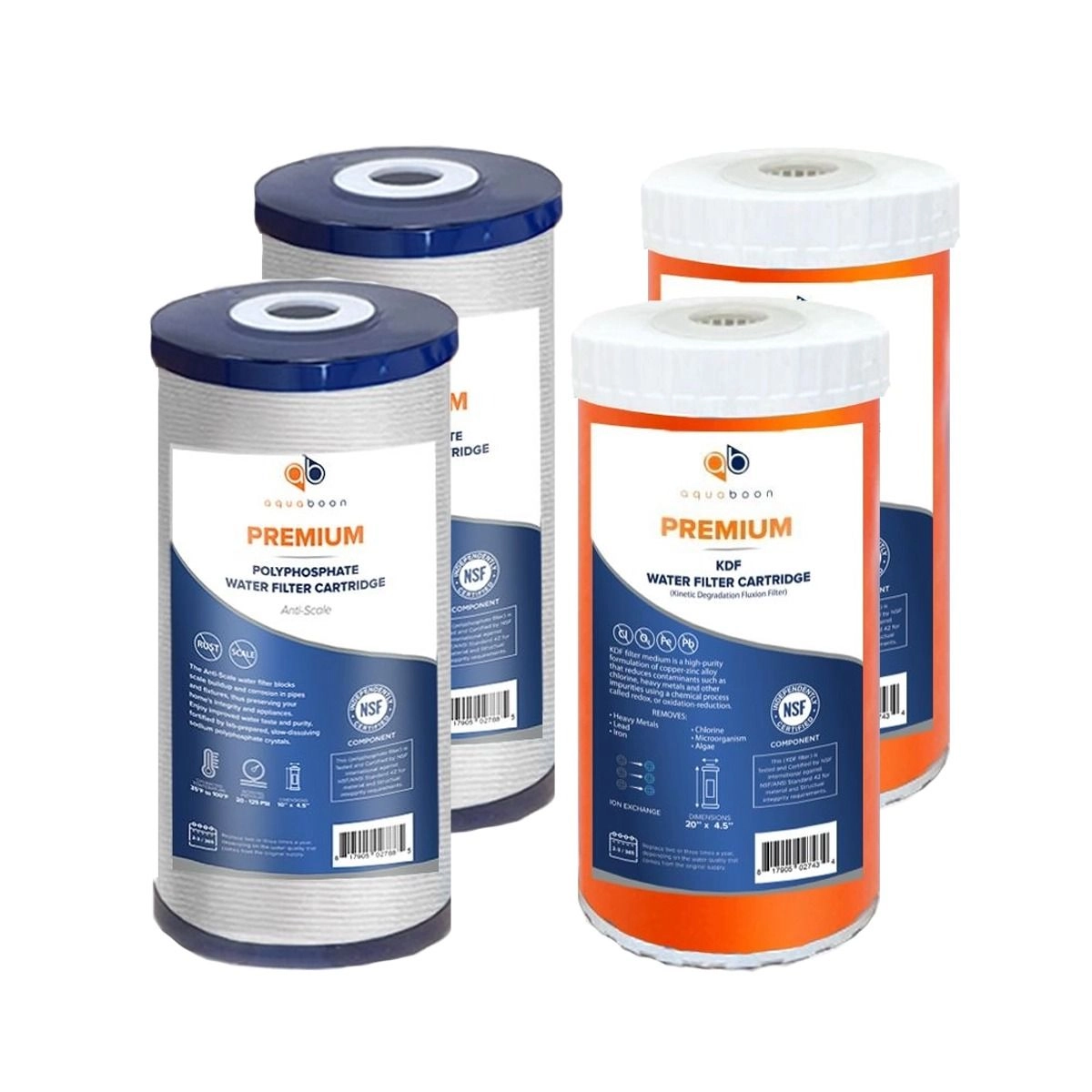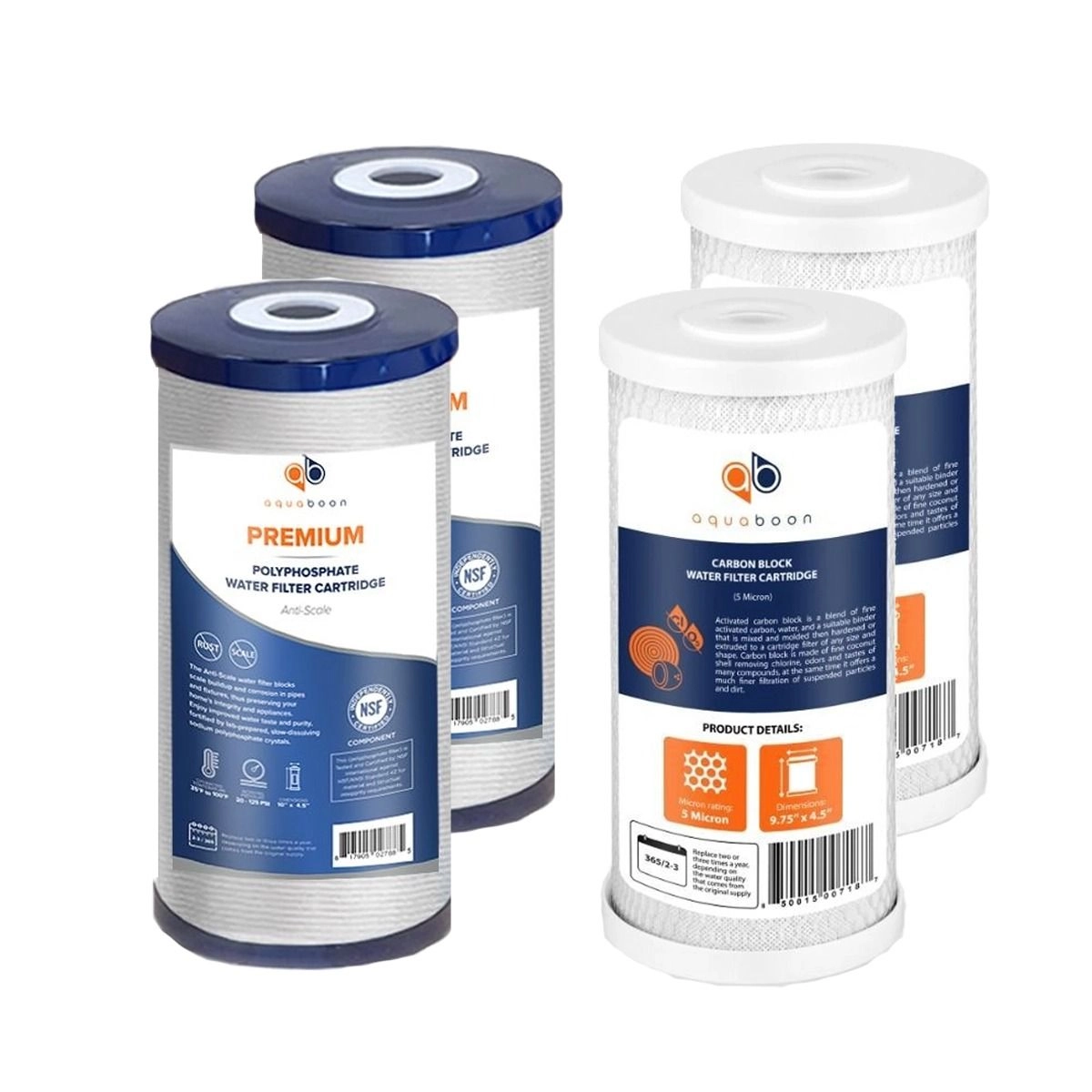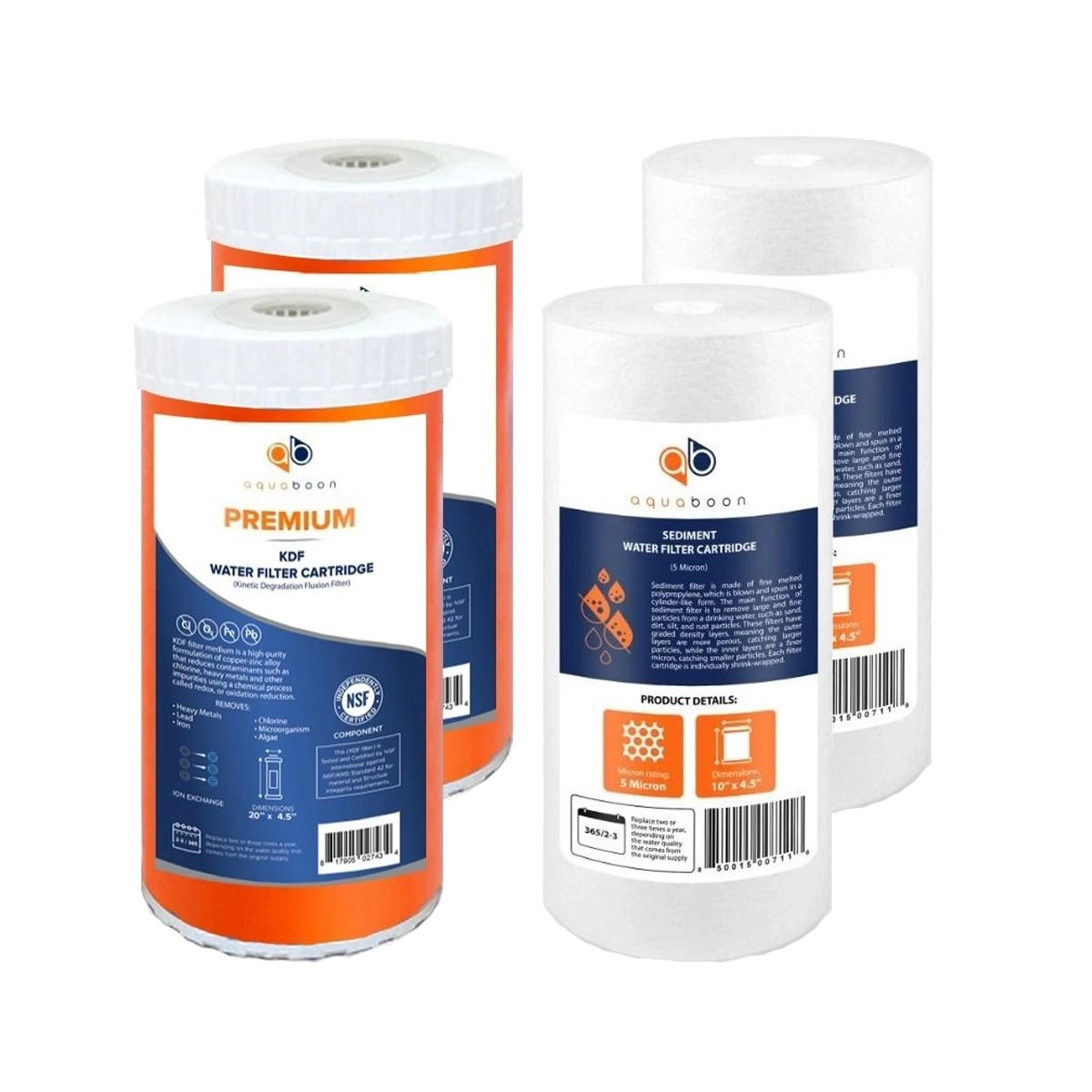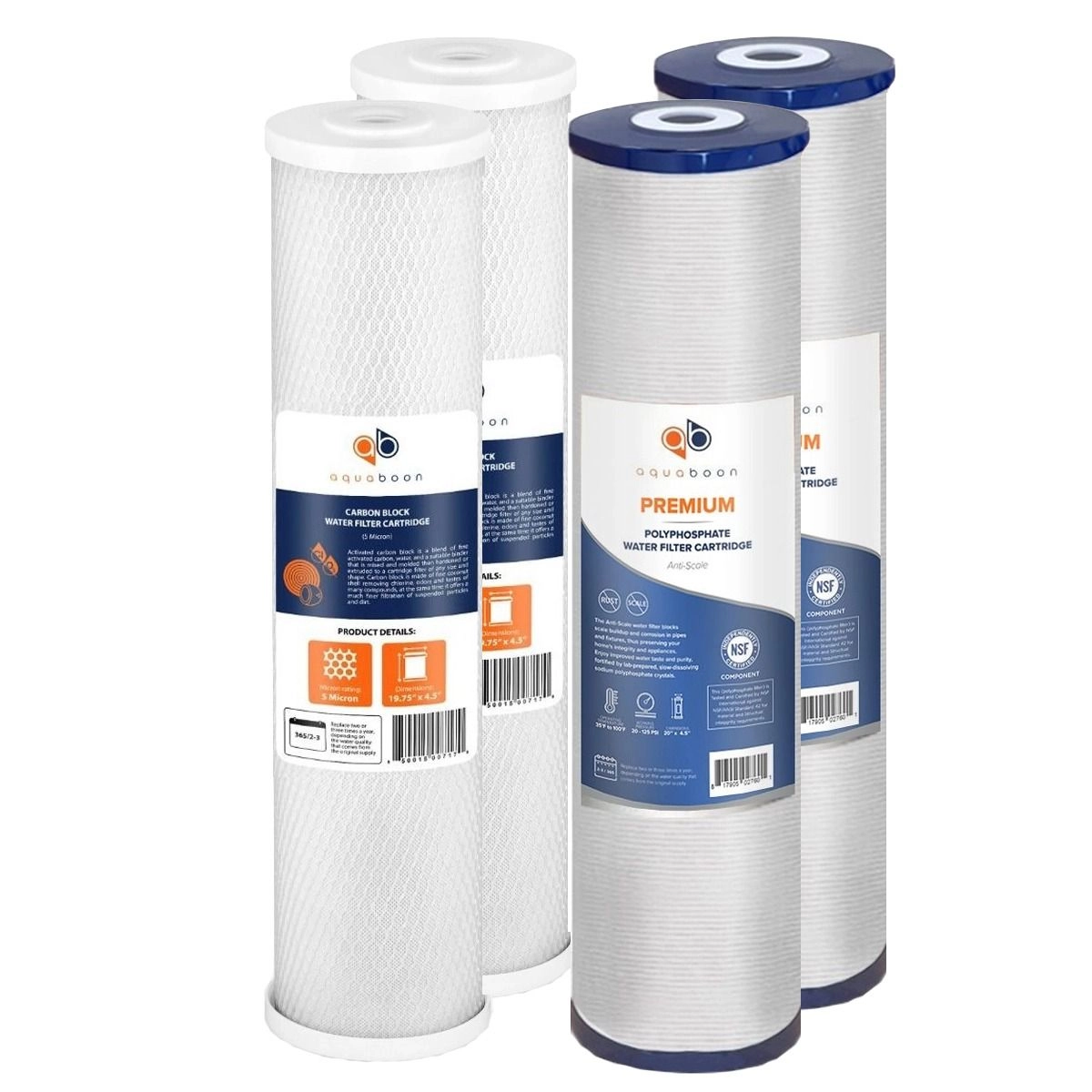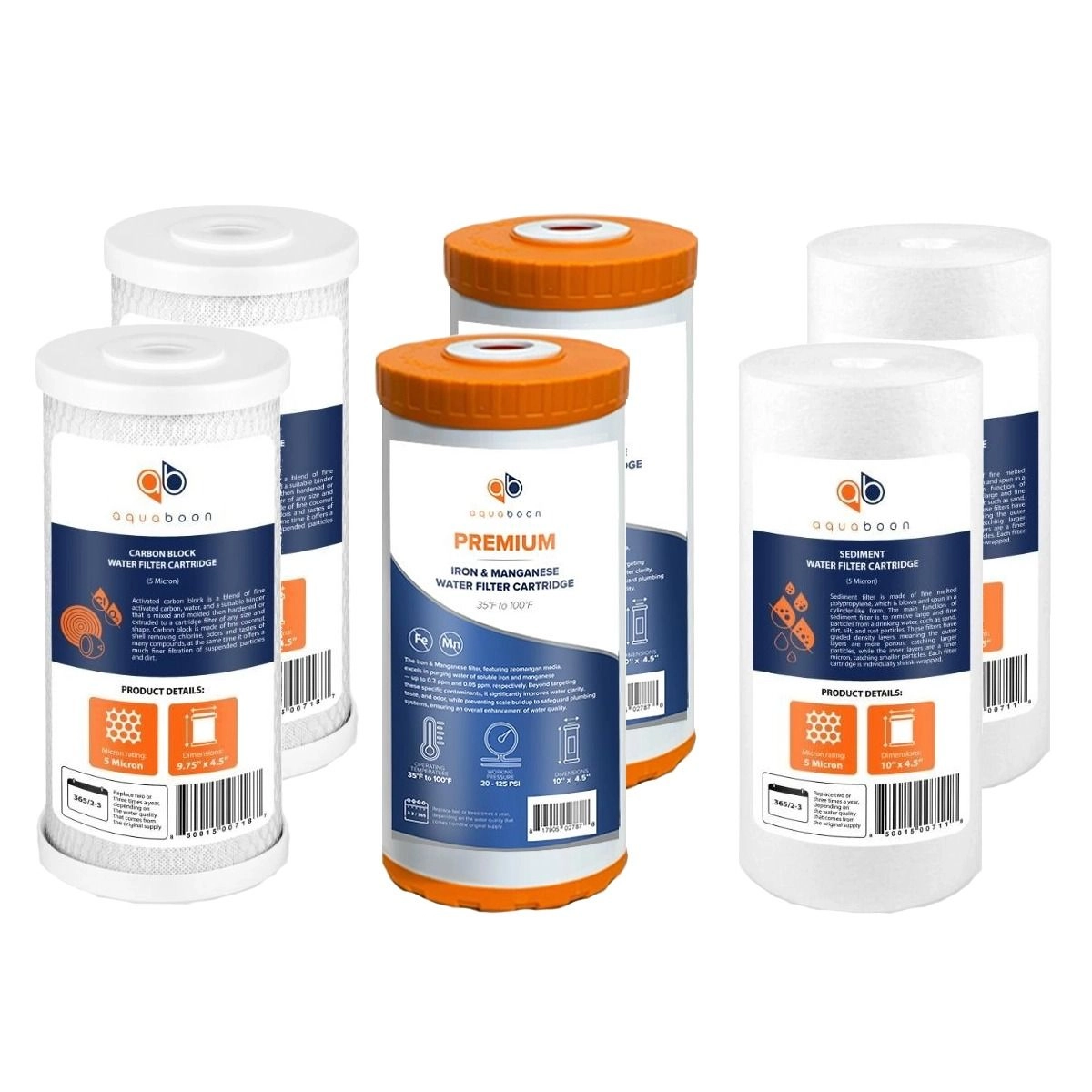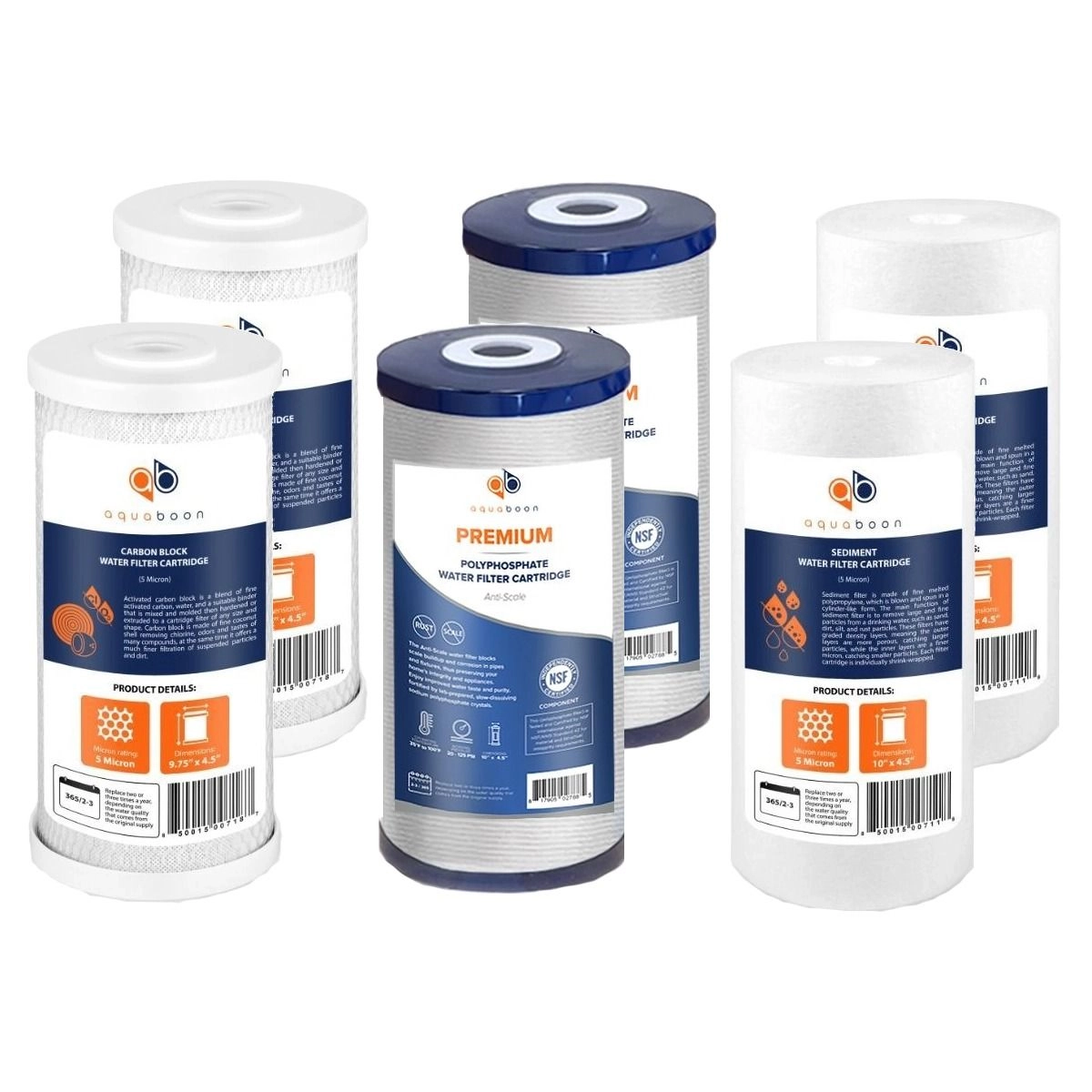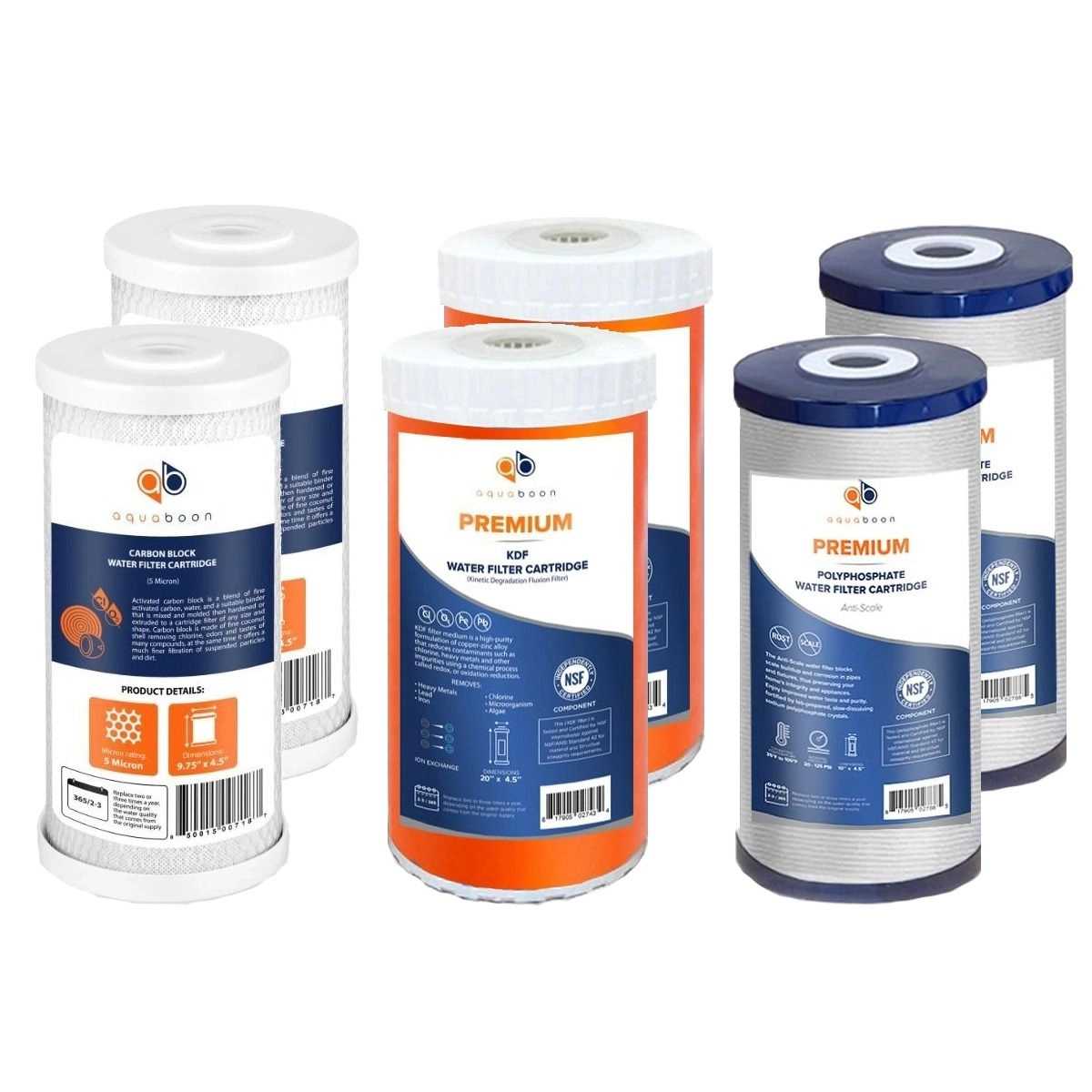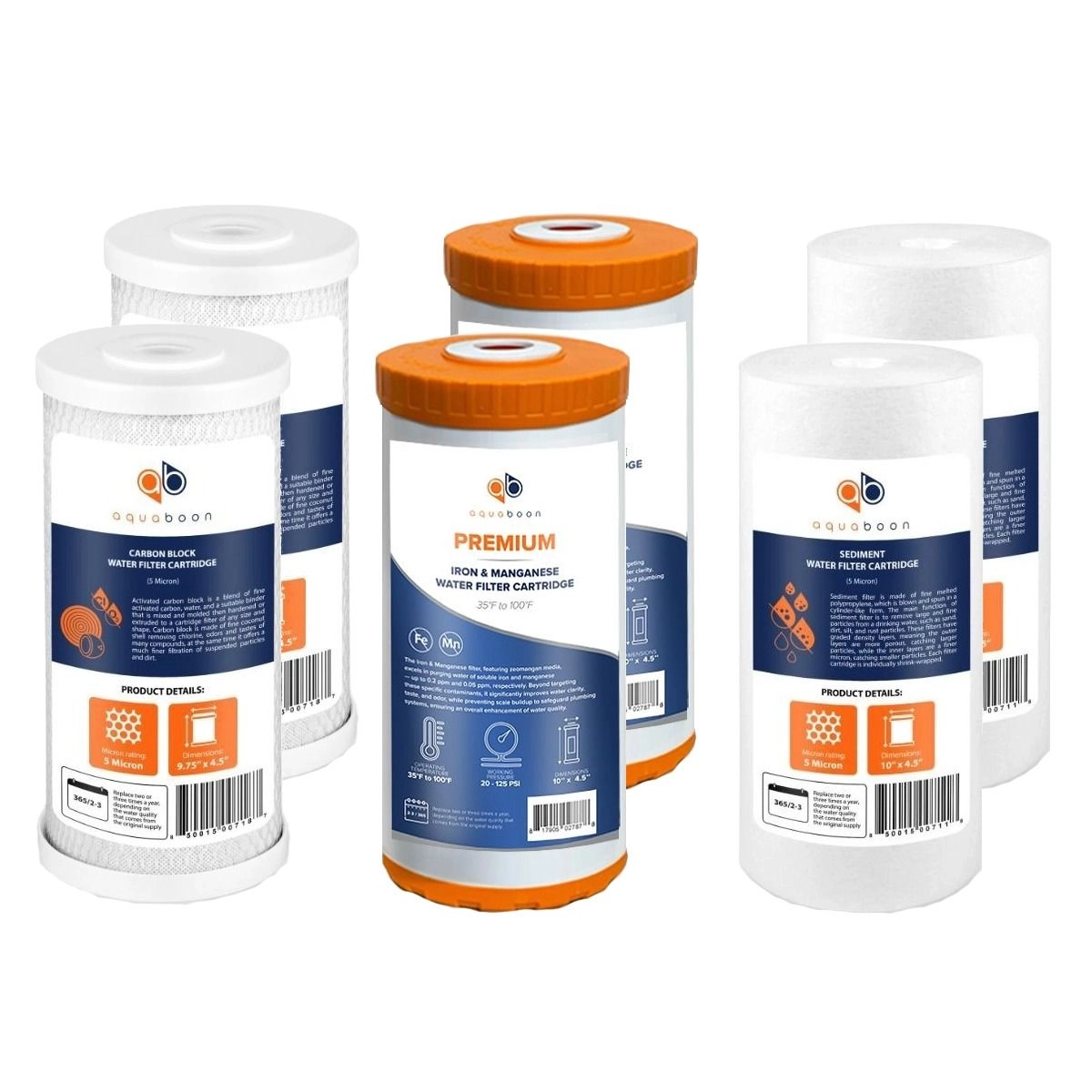Do you drink unfiltered tap water? Then chances are you could be consuming microplastics!
According to this report, the majority of water that drains from faucets across the globe — specifically 83% — contains these harmful impurities.
And that's not all.
Another Frontiers in Chemistry report revealed the same for 93% of bottled water. The samples gathered were from 9 countries.
These statistics indicate that plastic contamination is a global menace, especially since they have adverse consequences on human beings when consumed over time.
What are microplastics?
These are incredibly tiny plastics that measure less than 5mm in diameter. These fragments can take thousands of years to break down and are unsafe to humans and aquatic life.
What dangers do microplastics pose to human health?
Most microplastic research focuses on its effects on marine and aquatic animals.
However, despite limited research, scientists have proven that long-term exposure to them can negatively affect humans.
For instance:
- Scientists believe that nanoplastics could infiltrate human cells, potentially wreaking havoc on cellular activity
- Plastic specks entering tissues can irritate the body and, for example, inflame the lungs
- In case you breathe specks that may be floating around in the air, they can deposit in the airways and cause respiratory problems.
- Larger specks can interfere with human hormones.
Do water filters eliminate microplastics from water?
So, can water filters remove microplastics from drinking water?
Surely YES!
However, not all of them will. Some of these impurities can only be seen with the aid of special equipment, so you must ensure you pick the specific water filter that removes microplastics. Ideal purification systems have cartridge mediums with tiny micron ratings to ensure they successfully trap all the specks.
Best filters for microplastic removal
Various house water filtration systems you can use to get rid of tiny plastics exist. They include:


